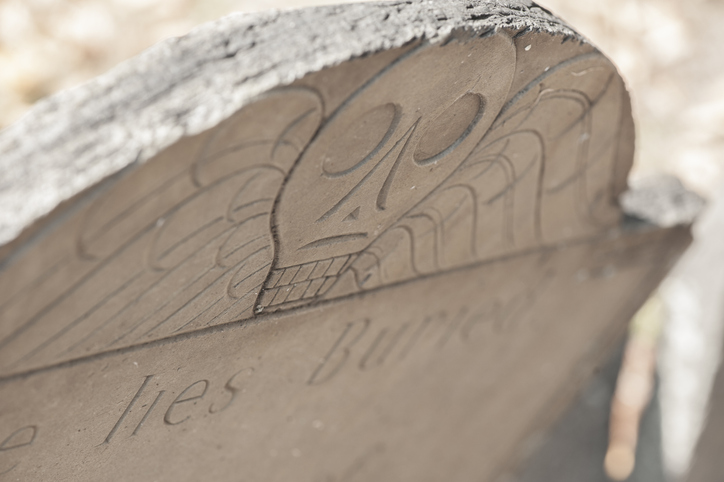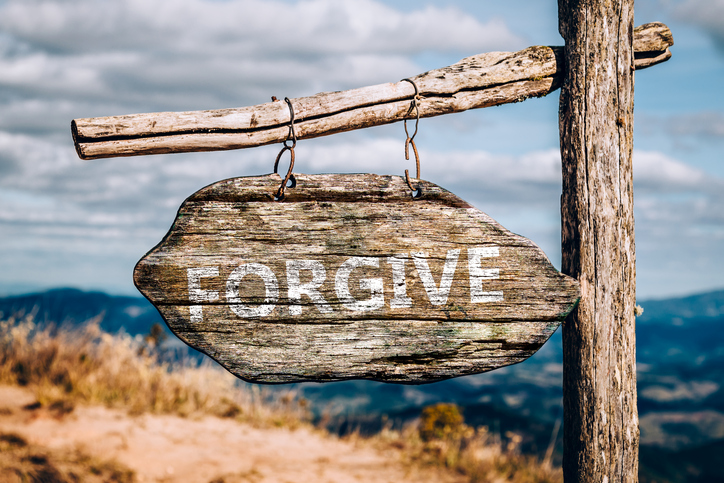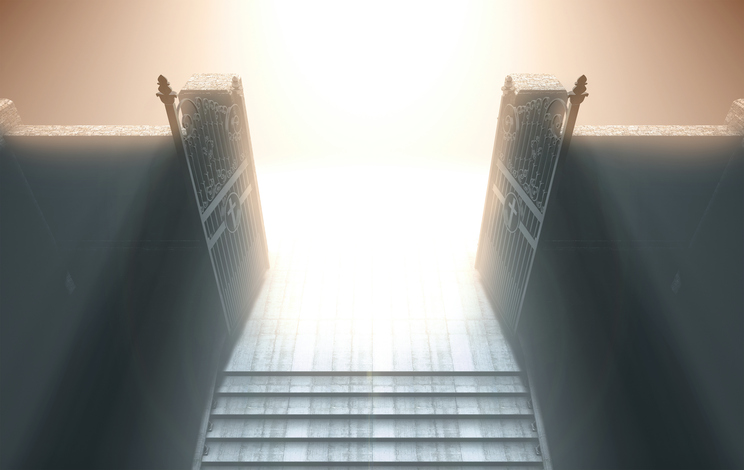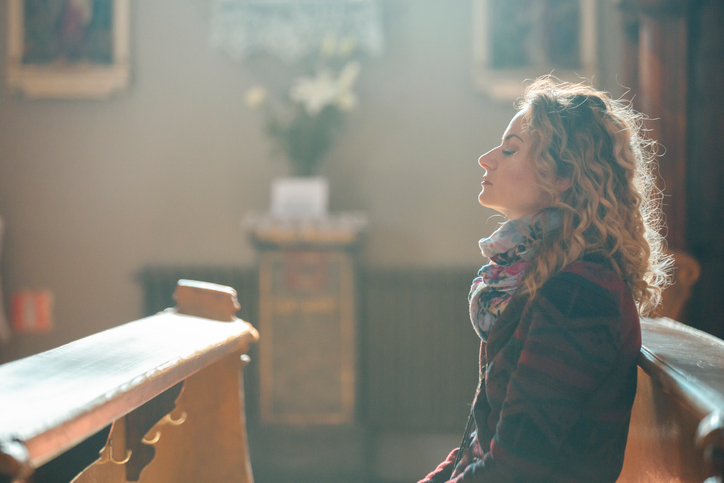When I was twenty, I knew exactly what the rest of my life would look like. I had it all mapped out. I’d created goals and lists for the steps it would take to attain them. And now, decades later, I can tell you that it all came to pass exactly as I’d imagined.
Okay, just kidding. My life has resembled what I thought it would be in the same way a turtle resembles a quiche. It has been filled with detours, surprises, and a whole lot of recalibrating the goals and the lists. I suspect yours has, too.
The difficult lesson to learn here is that we’re not in control. We can map out the simplest journey and have our plans come off the rails; there are too many factors that can change everything, whether in a split second or in a long, gradual way. We create our goals and make our lists in an attempt to tame the chaos of the world around us. We really, really want to know where a journey is taking us before we set off on it.
Jesus understood our need to look at the road ahead, to know where we’re going, to visualize the future. In today’s Gospel passage, on the night before the crucifixion, Jesus tells his disciples that he will soon be leaving them. Thomas—always one to try and clarify things—says, in essence, “we have no idea where you’re going, so how do you expect us to know the way?” The disciples are confused. Remember, they haven’t yet grasped that Jesus was not the Messiah who would throw off the tyranny of the Occupation, but rather the Messiah who would bring them eternal life. They’re struggling to understand the next step along the path to freedom. If he’s going somewhere, they need to know where that is and how it fits into the master plan. They’re willing to follow him; they just need to know how.
So where’s the map? Where’s the list? How do we follow you if we can’t see into the future?
Jesus responds, “I am the Way, the Truth, and the Life.” We’ve heard this verse so many times, we probably don’t realize how startling it must have been to the twelve Jewish men assembled that night in the Upper Room. They had been taught that the way to God, the truth of God, the life in God, all came to them through the Torah, through keeping the law. And now Jesus is opening up an invitation to the world: it isn’t only the high priest who can stand in the presence of God. Through Jesus, all people can access that presence.
The disciples loved the Torah; they kept the law. The Torah was their touchstone. It provided a roadmap. It’s filled with what are, in essence, a lot of lists and goals. Follow this way, keep the law, be faithful, and salvation will be yours.
Jesus knew the world can be a difficult and ambiguous place. He knew that plans go awry, that we often have to stop and recalibrate and set ourselves once more upon our path. He wanted to give humanity a different way to God: through love, rather than law. But love, as we’ve all discovered, has no roadmap. Love takes us down winding roads and along hidden footpaths; it takes us to places we never imagined existed. Love isn’t susceptible to plans or goals or lists.
Following Jesus means trusting in love. It means leaving our internal satellite navigation system off. It means not always seeing the road ahead. It means accepting the ambiguity and unknowns of a journey through a foreign land. It means trusting that he will be our guide, instead of all the maps and GPS systems and lists we cling to.
It means, at the end of the day, accepting that we can’t control our lives, our world, our future. Jesus is the way, the truth, and the life; God is the one in control. If we put our trust in that promise, if we let go of our fears, then we will have a future we could never have imagined for ourselves. Stepping into that future only requires one thing: faith. Letting go of our lists and goals and letting Jesus lead us instead.
Sometimes, when there’s heavy cloud cover, our satellite navigation systems stop working, and we feel stranded, lost, even afraid. The beginning of today’s reading assures us that we don’t have to feel that way: don’t let your heart be troubled. I am going to take care of you. I’m going to prepare a place for you, and I’ll be back to guide you there.
There’s no amount of cloud cover that can separate us from the guide who will help us navigate life and live forever in the Father. And that trumps lists and GPS systems any day!

Jeannette de Beauvoir is a writer and editor with the digital department of Pauline Books & Media, working on projects as disparate as newsletters, book clubs, ebooks, and retreats that support the apostolate of the Daughters of St. Paul at http://www.pauline.org.










